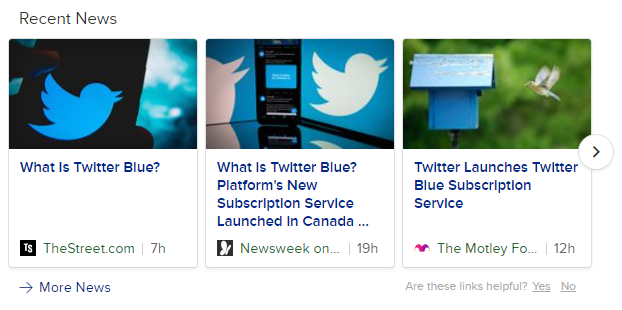Reddit is going the same route as Twitter by making “API access” prohibitively expensive. This is something they very famously, very vocally said they would not do, but they’re doing it anyway. This is very bad for Reddit, but what’s worse is it’s becoming clear that companies think that this is a remotely reasonable thing to do, when it’s very critically not.
It’s the same problem we see with Twitter and other late-capitalist hell websites: Reddit’s product is the service it provides, which is its API. The ability for users to interact with the service isn’t an auxiliary premium extra, it’s the whole caboodle!
I’ll talk about first principles first, and then get into what’s been going on with Reddit and Apollo.
The Apollo drama is very useful in that it directly converts the corporate bullshit that sounds technical enough to make sense into something very easy to understand: a corporation hurting them, today, for money.
The API is the product
Reddit and all these other companies who are making user-level API access prohibitively expensive have forgotten that the API is the product. - The API is the interface that lets you perform operations on the site. The operations a user can do are the product, they’re not auxiliary to it!
“Application programming interface” is a very formal, internal-sounding term for a system that is none of those things.
The word “programming” in the middle comes from an age where using a personal computer at all was considered “programming” it.
What an API really is a high-level interface to the web application that is Reddit. Every action a user can take — viewing posts, posting, voting, commenting — goes from the app (which interfaces with the user) to the API (which interfaces with the Reddit server), gets processed by the server using whatever-they-use-it-doesn’t-matter, and the response is sent back to the user.

The API isn’t a god mode and it doesn’t provide any super-powers. It doesn’t let you do anything you can’t do as a user, as clearly evidenced by the fact that all the actions you do on the Reddit website go through the API too.
The Reddit website, the official Reddit app, and the Apollo app all interface with the user in different ways and on different platforms, but go through the same API to interact with what we understand as “Reddit”. The fact that the API is the machine interface without the human interface should also concisely explain why “API access” is all Apollo needs to build its own app.
Right now, you can view the announcement thread at https://www.reddit.com/r/apolloapp/comments/144f6xm/apollo_will_close_down_on_june_30th_reddits/, and you can view the “API” data for the same thread at https://www.reddit.com/r/apolloapp/comments/144f6xm/apollo_will_close_down_on_june_30th_reddits.json. It’s not very fun to look at, but it’s easy to tell what you’re looking at: the fundamental representation of the page without all the trappings of the interface.
Public APIs are good for both the user and the company. They’re a vastly more efficient way for people to interact with the service than by automating interaction (or “scraping”). Having an API cuts out an entire layer of expense that, without an API, Reddit would pay for.
The Reddit service is the application, and you interface with it through WHATEVER. Whatever browser you want, whatever browser extensions you want, whatever model phone you want, whatever app you want. This is fundamentally necessary for operability and accessibility.
The API is the service. The mechanical ability to post and view and organize is what makes Reddit valuable, not its frontend. Their app actually takes the core service offering and makes it less attractive to users, which is why they were willing to pay money for an alternative!
 A Hack is Not Enough
A Hack is Not Enough

 Notes on the VRC Creator Economy
Notes on the VRC Creator Economy

